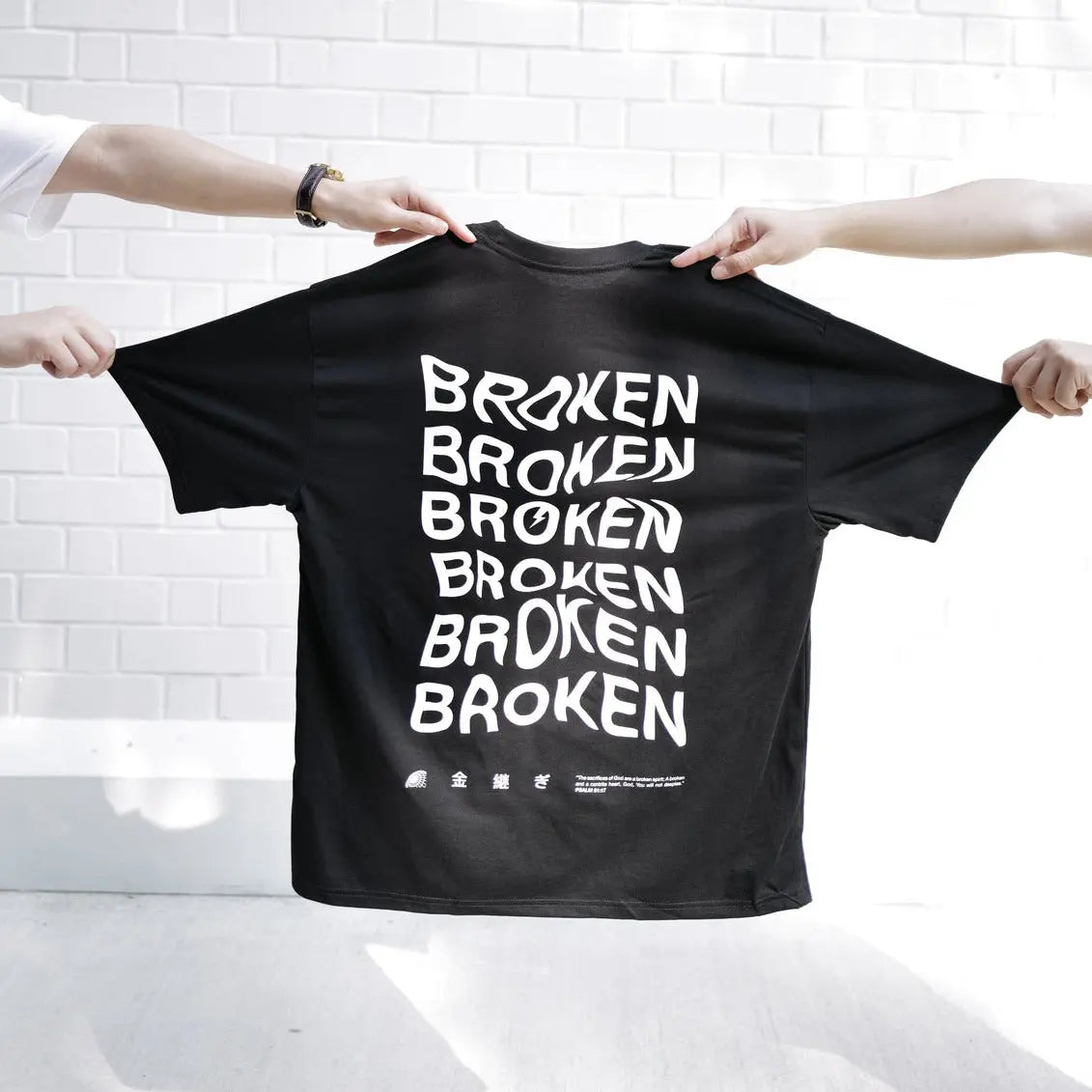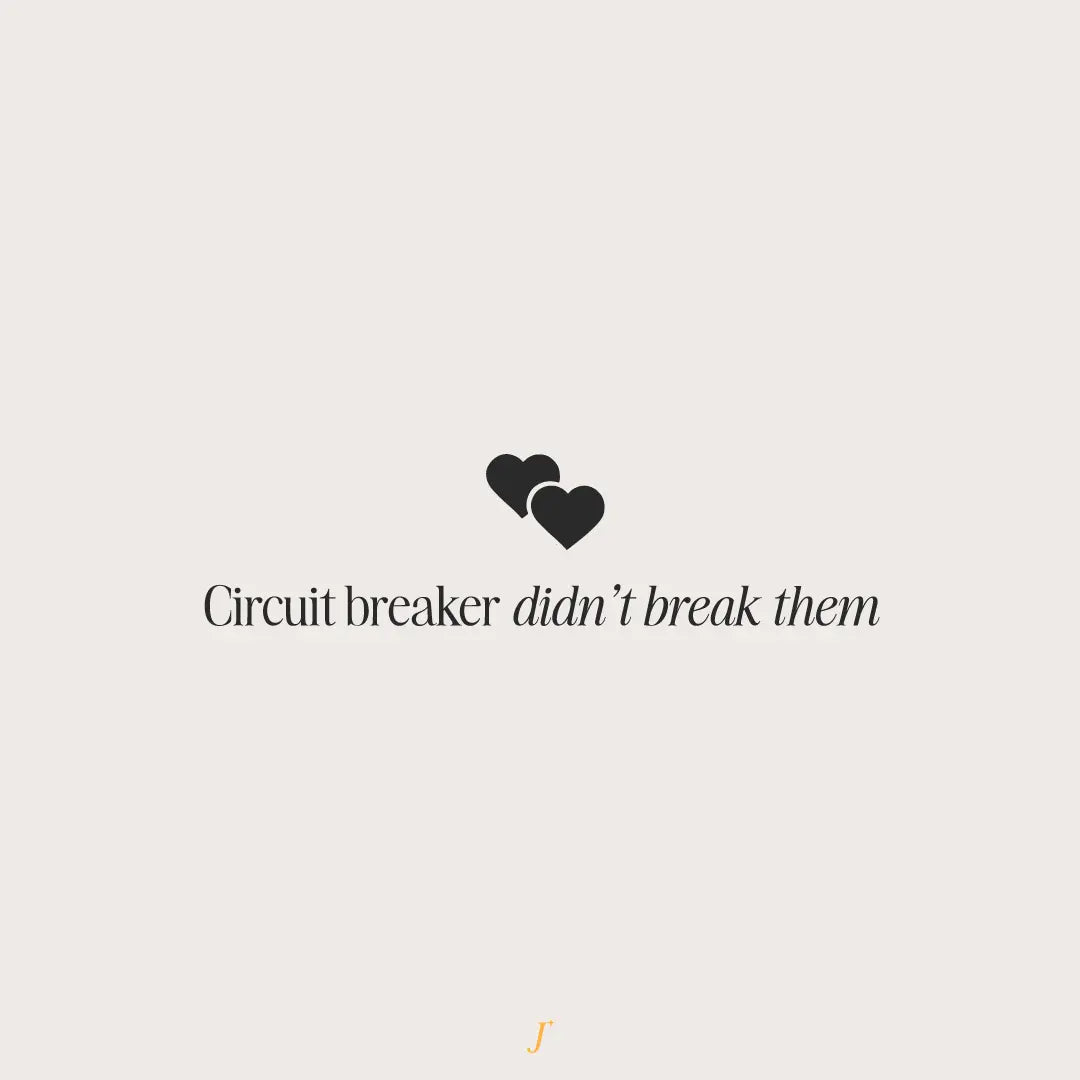Honouring Our Fathers
Honouring Our Fathers
Recently, I have been seeing my father a lot more due to the Circuit Breaker. We’ve been talking more, eating together more, playing more. But increased interaction also creates more space for bickerings, naggings and a general sense of frustration. In the midst of many conversations, I heard God reminding me to calm down and honour my father. This gentle reminder has got me thinking, what does it actually mean for us to be honouring our fathers?

The Bible has a lot to say about the fathers in our lives. From as early as the Book of Exodus, honouring our fathers (and mothers) was the second of the ten commandments. This idea was repeated throughout both the Old and New Testament - from Leviticus 19:3 to Matthew 15:14.
Honouring our parents is a command from God, not just something He would like us to do.
In the Old Testament, the original translation of the word ‘Honour’ is ‘Kabod (כָּבוֹד)’. According to Baker’s Evangelical Dictionary of Biblical Theology, Kabod literally means heavy. The figurative meaning is then to give weight to someone. In other words, it means to give someone authority and respect in your life.
The word ‘honour’ itself is a verb, an action word. When we say we honour someone, we need to follow it up with action. We cannot allow our attitude of honour to remain as just words.

Belva, a 23-year-old university student, shared with me that she honours her father by “respecting his opinions and years of wisdom, taking it into consideration whenever I have big decisions of my own to make.”
I personally honour my fathers (both biological and spiritual) by frequently and intentionally updating them about my life. This invites them to my spheres of life that might not traditionally involve them, such as what is happening in school or even something as trivial as what I bought online.
But of course, honouring our fathers can sometimes be difficult, especially so when conflicts arise and we start feeling angry. Azeya, 16, shares with us how she continues honouring her father even when it is hard. “I try to understand and see things from his point of view. I always get frustrated at him for assuming the worst of me. Nevertheless, I keep my composure. Understanding his view and actions is key - my father comes from a place of genuine concern and care for me, though he doesn’t show it openly. Of course, that doesn’t mean I don’t get hurt by him. I look up to him, but that doesn’t mean he’s not without his own flaws. At the end of the day, however, after lots and lots of communication, I see how much he loves me and wants the best for me,” she shared.
Hopefully, this article has given you some food for thought! Let this Father’s Day be a reminder for us to be intentional and practical about the way we honour our fathers.
And to all the amazing fathers out there, thank you. Thank you for loving us. Thank you for the sacrifices made. Thank you for doing your best.





Leave a comment
This site is protected by hCaptcha and the hCaptcha Privacy Policy and Terms of Service apply.